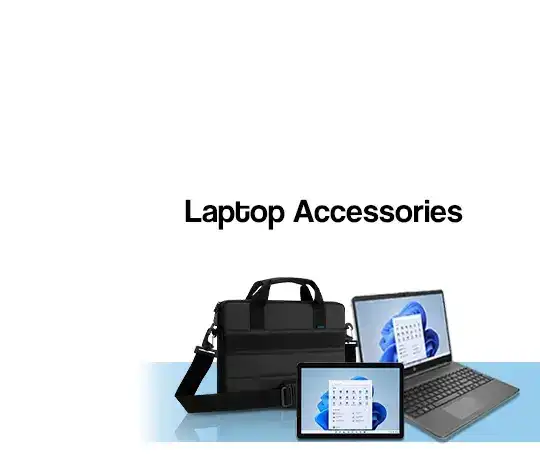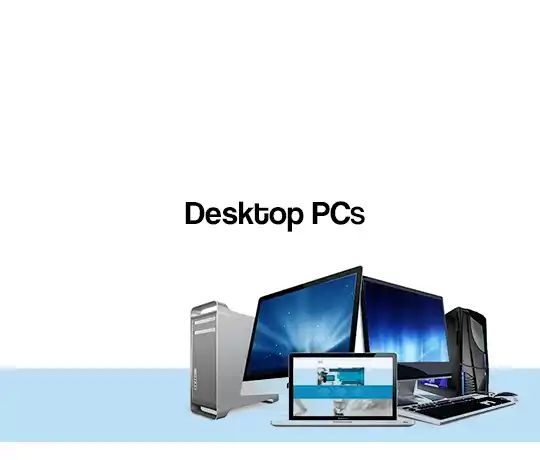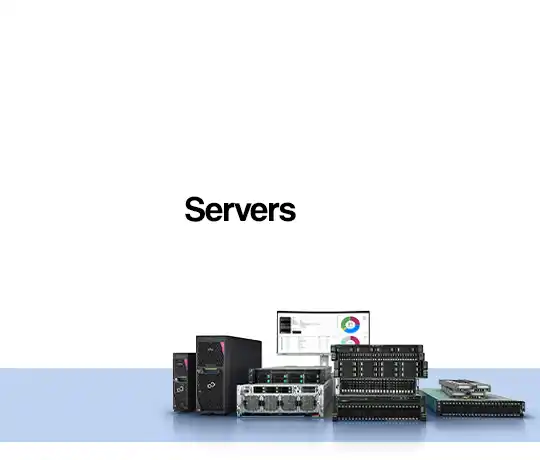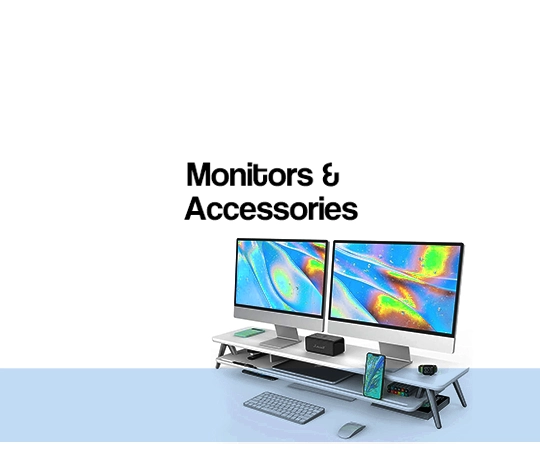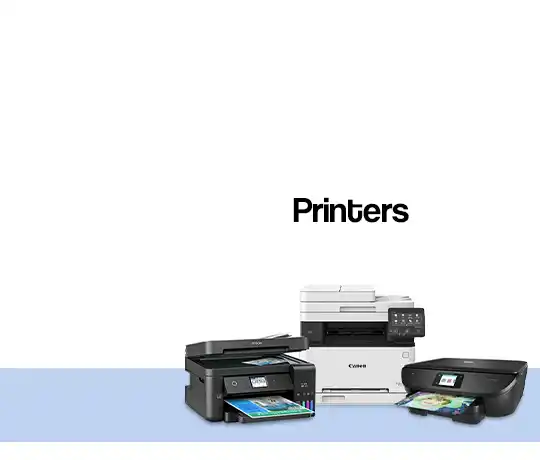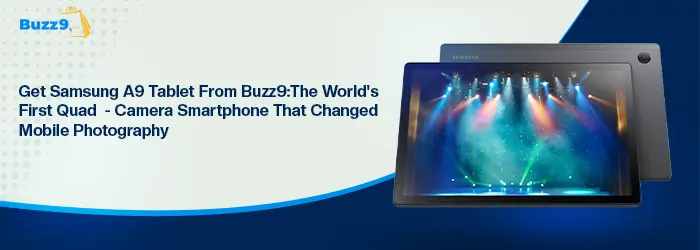No products in the cart.
Get Samsung A9 Tablet From Buzz9: The World’s First Quad-Camera Smartphone That Changed Mobile Photography
World’s First Quad-Camera Smartphone
Samsung made history with the launch of the Samsung A9 Tablet, the world’s first quad-camera smartphone, setting a new benchmark in mobile photography. Featuring four rear cameras: main, ultra-wide, telephoto, and depth sensors, the Samsung Galaxy A9 allowed users to capture every angle with stunning clarity and detail. The camera impressed with its versatility, delivering wide scenic shots and pro-level portraits at a mid-range price.
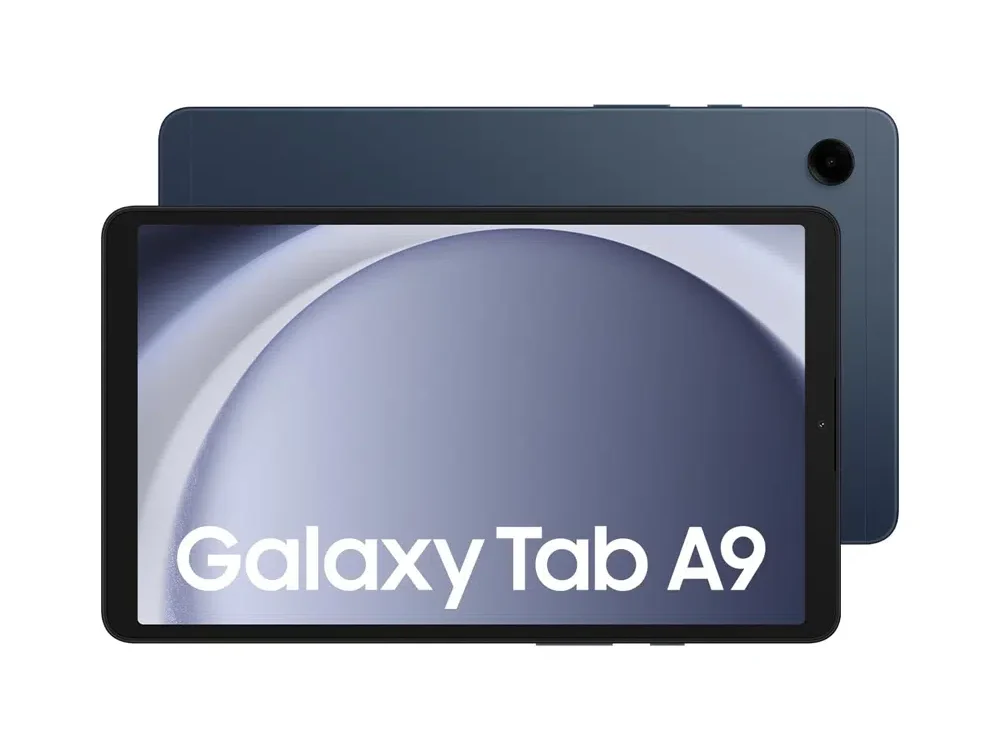
Though often confused with the Samsung Galaxy A9 tablet or Tab A9, the Galaxy A9 smartphone stands out for its groundbreaking camera technology and compact design. With a 6.3″ Super AMOLED display, Snapdragon processor, and 128GB expandable storage, the Samsung A9 tablet delivered strong performance and launched the multi-camera trend in smartphones.
What are the Features of the Samsung Galaxy A9?
- Quad-Camera Innovation: The Samsung A9 Plus was the world’s first smartphone with a quad rear camera setup- 24MP main, 8MP ultra-wide, 10MP telephoto, and 5MP depth sensor for stunning photography.
- Immersive Display: 6.3-inch Full HD+ Super AMOLED display delivers crisp visuals that challenge even high-end screens on some workstation laptop models.
- Strong Performance: Snapdragon 660 processor with 6GB/8GB RAM, the Samsung A9 tablet handles multitasking easily, similar to lighter workloads on a workstation laptop.
- All-Day Battery: 3,800 mAh battery capacity with fast charging support keeps Samsung A9 Plus running throughout your workday or travels.
- Advanced Security: Includes fingerprint sensor and face unlock for secure, quick access.
- Generous Storage: 128GB internal storage, expandable up to 512 GB. Perfect for media-heavy users and comparable to storage options seen in Samsung Tablet A9 models.
- Rich Audio Experience: Installed with Dolby Atmos support and a 3.5mm headphone jack, offering great sound quality.
- Connectivity & OS: Dual SIM, USB Type-C, and upgradable Android OS make the phone adaptable for casual use and portable work.
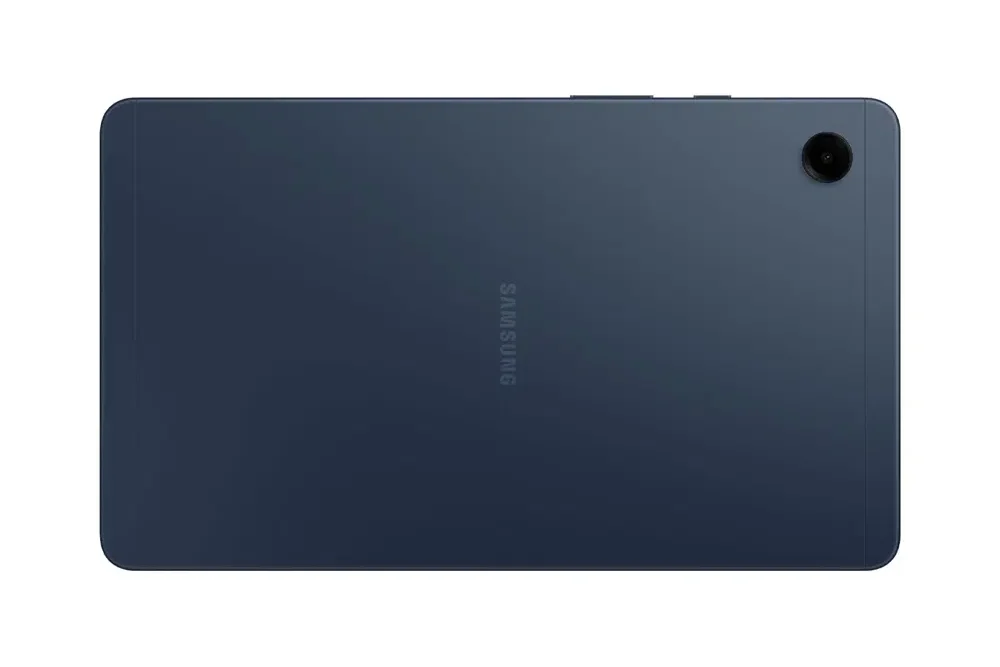
What kinds of cameras does the Galaxy Tab S9 Series have?
The Tab S9 series features advanced camera systems designed for high-quality imaging and multi-functional use. The standard Galaxy Tab S9 includes a 13MP wide-angle rear camera and a 12MP ultra-wide front camera, capable of 4K video recording at 30fps.
The Galaxy Tab S9+ and Tab S9 Ultra feature dual rear cameras (13MP wide + 8MP ultra-wide) and dual front cameras (12MP wide + 12MP ultra-wide), all supporting 4K video, perfect for photography, video calls, and pro-level content creation.
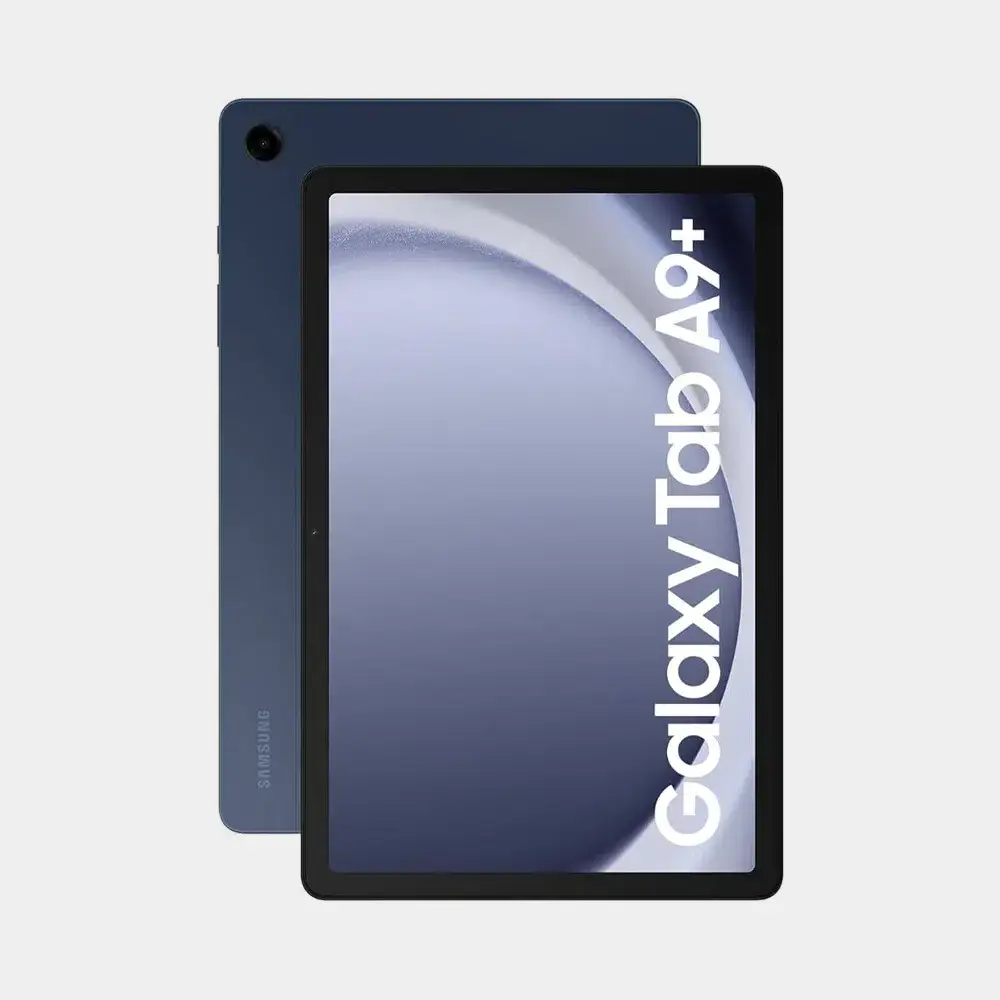
Can the Galaxy Tab A9 take a SIM card?
Yes, the Galaxy Tab A9 supports SIM cards, based on the model you select. Samsung offers Wi-Fi-only and LTE-enabled versions of the Galaxy Tab A9, allowing users to stay connected without relying completely on Wi-Fi networks.
The LTE model of the Samsung A9 Tablet supports calls, texts, and mobile data, making it perfect for students, travelers, and professionals needing portable connectivity.
What is the storage capacity of the Samsung A9?
The Samsung A9 Tablet (2018) smartphone has a generous 128 GB of internal storage, with 6 GB or 8 GB of RAM. A microSD card can expand the storage up to an additional 512 GB.
On the other hand, the Samsung Tab A9 (released October 2023) is available in two configurations: 64 GB or 128 GB of internal storage, both models offering expandable storage via microSD up to 1 TB.
Can a Tablet Replace Your Laptop in 2025?
In 2025, tablets have evolved significantly, offering powerful processors, multi-window multitasking, detachable keyboards, and stylus support. For daily tasks like browsing, streaming, emailing, and light productivity work, a tablet can easily replace a traditional laptop.
Samsung Galaxy and iPad Pro support advanced apps and cloud tools, making them perfect for students and professionals.
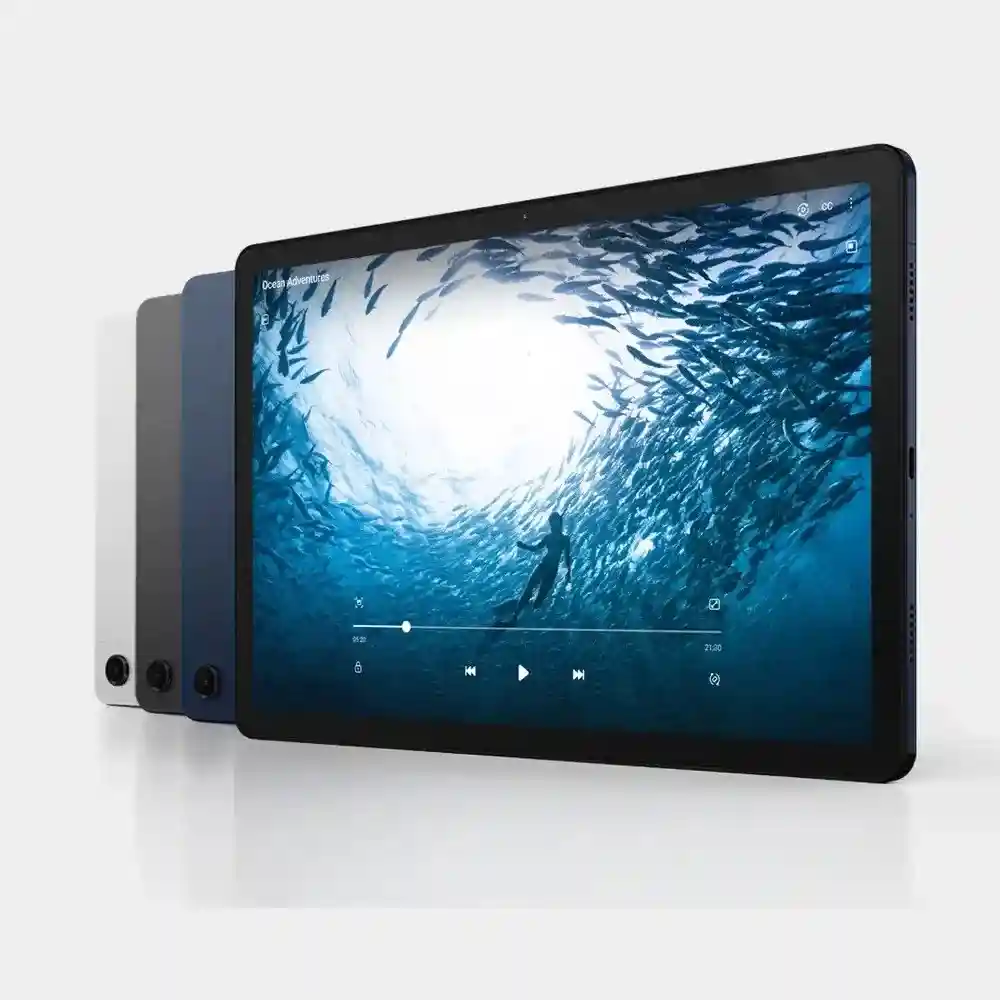
However, when it comes to performance-heavy tasks like video editing, programming, or high-end gaming, tablets still can’t fully compete with a gaming laptop in UAE. Laptops offer better thermal management, dedicated graphics cards, and more extensive connectivity options.
While tablets are excellent for portability and basic tasks, a powerful laptop or gaming laptop remains essential for users who demand premium performance.


